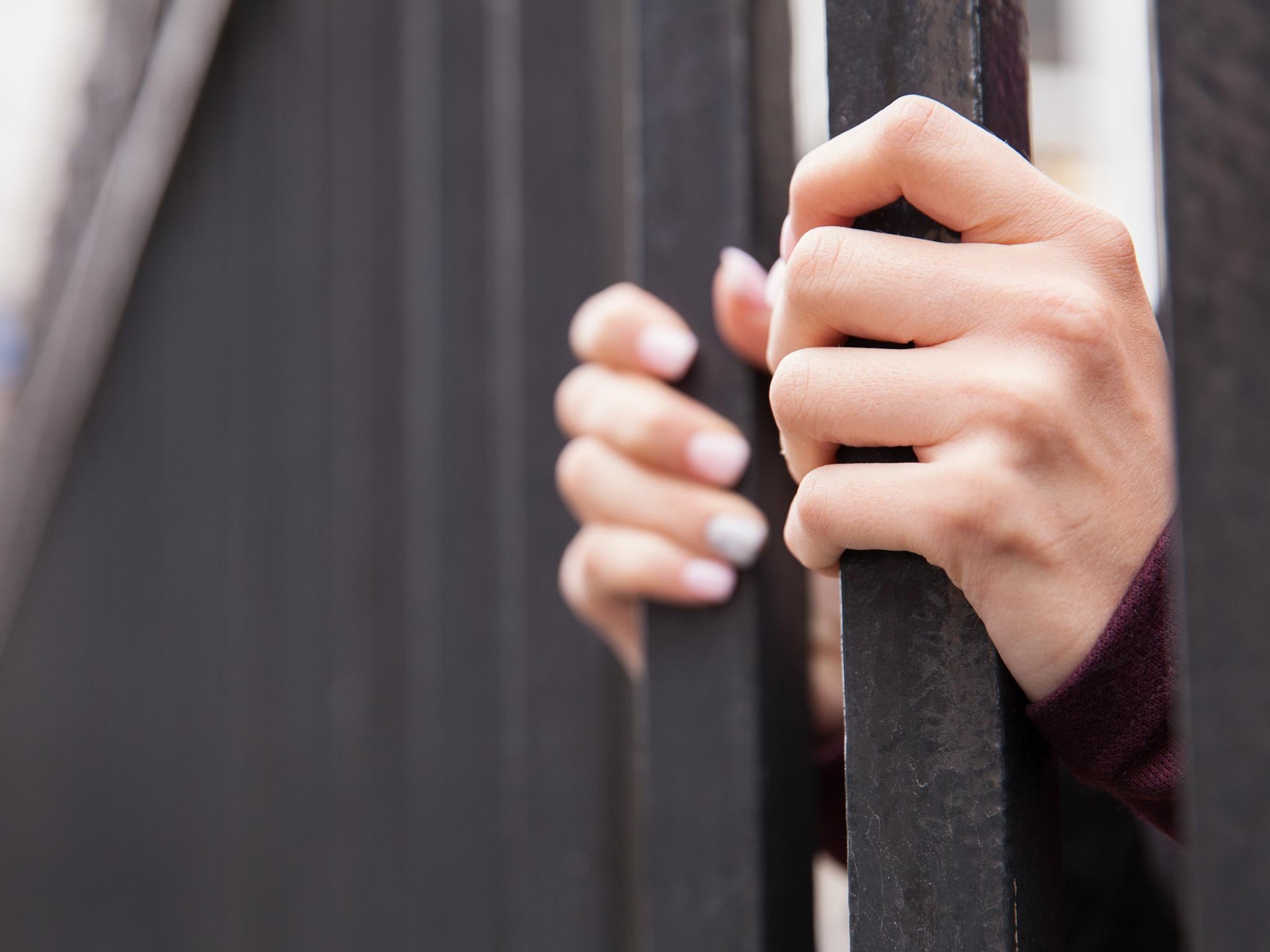Georgia prison guard says she was banned from wearing hijab at work over fears she could smuggle contraband
'You can serve in the US military while wearing your religious clothing. You can patrol the streets of the city as a police officer. You can perform heart surgery. You can fly a plane,' says Edward Ahmed Mitchell

A prison guard has claimed she has been banned from wearing a hijab at work because of fears that she could use it to smuggle contraband.
Jalanda Calhoun, who works at Rogers State Prison in Georgia has filed a discrimination complaint against the agency with the state Commission on Equal Opportunity.
The 25-year-old, who recently converted to Islam, says she began wearing a hijab at the Reidsville men’s prison but was asked to stop several weeks later.
She told The Atlanta Journal-Constitution that the states Department of Corrections will not permit her to wear a hijab at work.
The corrections officer said she got a letter from prison Warden Linton Deloach that said her hijab did not meet agency standards but that regulations allowed her to wear a cap issued by the department bearing the agency’s logo or emblem.
Mr Deloach was said to have cited several safety concerns – such as the ability to easily identify her as an employee “while wearing alternative headwear”.
He also said contraband could be easily concealed in such a garment or that “alternative headwear” could be used by an inmate to conceal his identity in an attempt to escape.
Edward Ahmed Mitchell, executive director of the Georgia branch of the Council on American-Islamic Relations, a Muslim civil rights and advocacy organisation, argued that this reasoning made “no sense”, partially because her face would still be visible.
He said: “If you are a Muslim woman who wears a hijab, a Sikh man who wears a turban, an Orthodox Jew who wears a kippah or a Catholic nun who wears a habit, you can serve in the US military while wearing your religious clothing.
“You can patrol the streets of the city as a police officer. You can perform heart surgery. You can fly a plane. You can do any number of things, but according to the state of Georgia, you cannot wear your religious clothing while you work in the Department of Corrections.”
In the complaint, she says she also asked to be able to take a ten minute break to pray. But according to Mr Mitchell, prison officials said they were not able to put time aside for her to pray due to being understaffed.
Ms Calhoun alleges that the agency has infringed upon her religious beliefs by not letting her wear a hijab in the workplace.
The Independent has attempted to contact the Corrections Department for comment.
Join our commenting forum
Join thought-provoking conversations, follow other Independent readers and see their replies
Comments
Bookmark popover
Removed from bookmarks